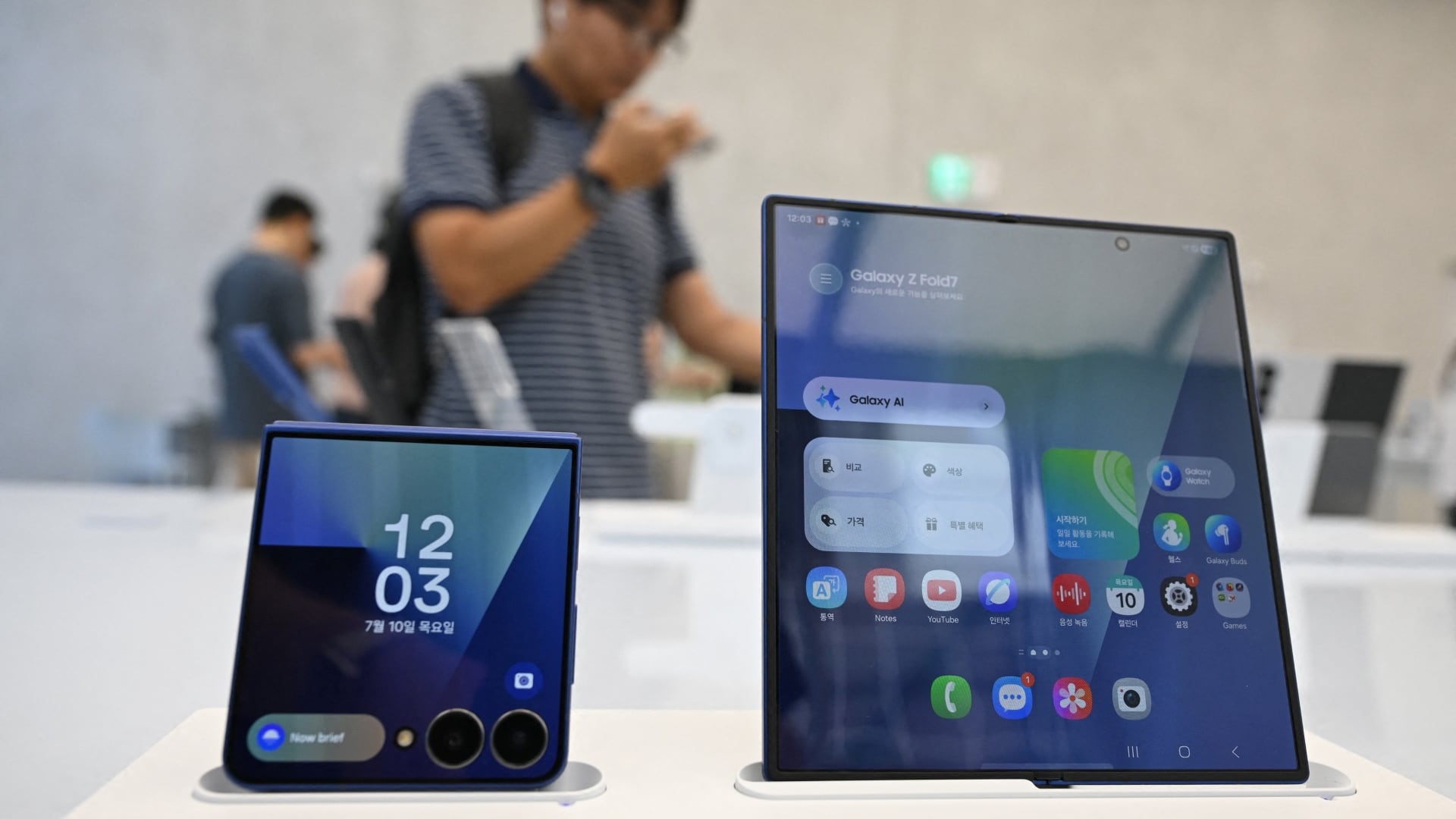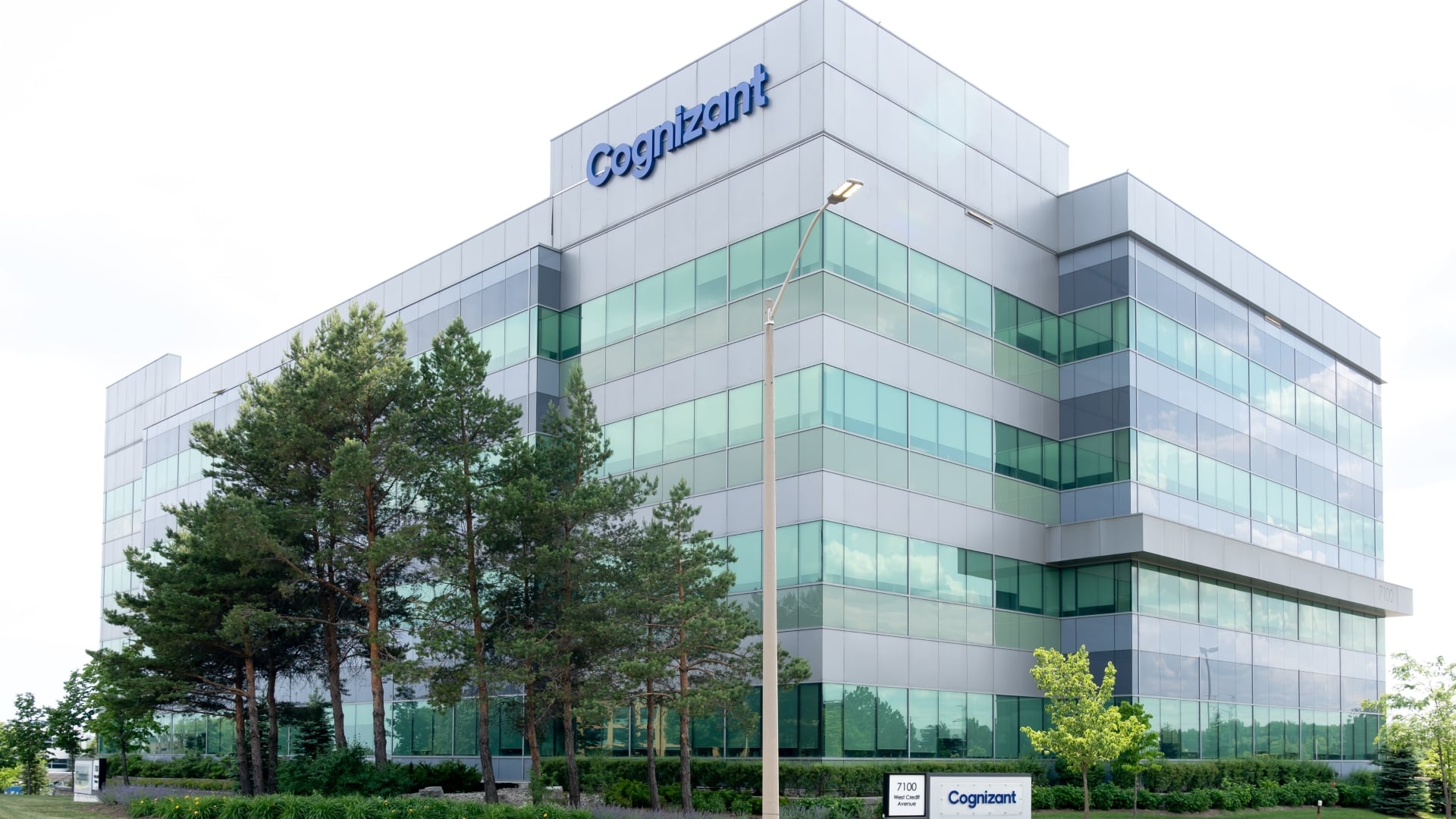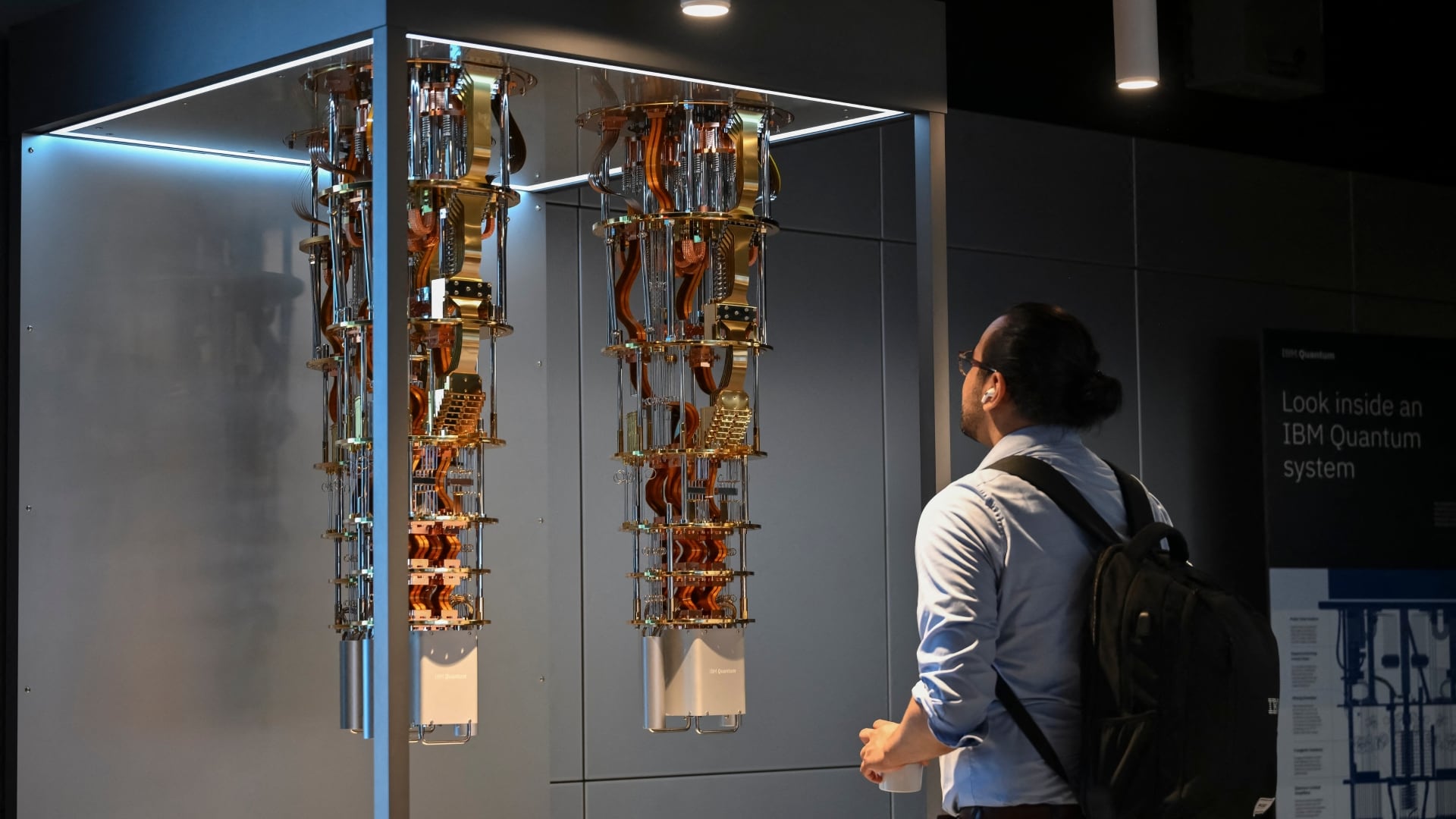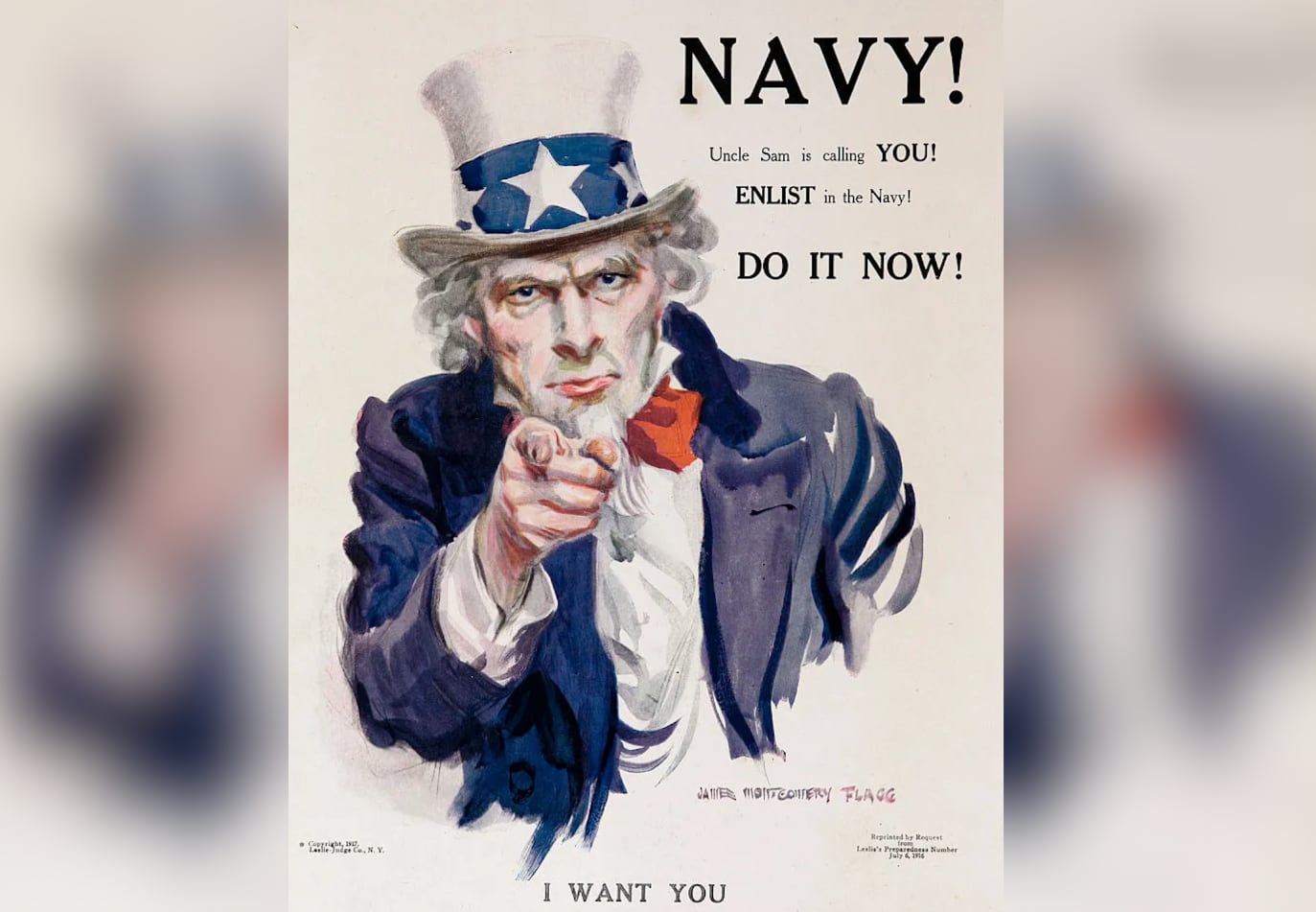*By Carlo Versano* Tech execs Sheryl Sandberg and Jack Dorsey made it through their first Congressional hearings, seemingly open and contrite, repeatedly telling the Senate Intelligence Committee that their companies were "unprepared and ill-equipped" to police the vast amounts of misinformation, propaganda, hate speech, and abuse that now saturate their platforms. "We were too slow to spot this and too slow to act," Facebook COO Sandberg said, addressing Russian attempts to interfere in the 2016 U.S. presidential election. While the hearing was fairly cordial ー at least more so than [testimonies] (https://www.washingtonpost.com/business/technology/2018/04/10/b72c09e8-3d03-11e8-974f-aacd97698cef_story.html?utm_term=.da8009ead986) of the past ー both Dorsey and Sandberg faced pointed questions about what they are doing to protect their billions of users, and perhaps democracy itself, against nefarious actors looking to weaponize the platforms. For Facebook, that means aggressively targeting the millions of fake accounts that are generated every week. Sandberg said the company now has 20,000 security employees working on this effort along with machine learning and A.I. programs that can recognize fake news more quickly than humans. "If you're an inauthentic account, you come down," she said, noting that about 3 to 4 percent of accounts on Facebook are inauthentic, though those accounts generate much less than 3 to 4 percent of the company's ad revenue. Twitter CEO Dorsey struck a more existential tone, saying he was personally rethinking Twitter's entire reason for being, as many of his users have been able to game the "digital town square" for their own gains. "What worked 12 years ago \[when Twitter was founded\] doesn't work today," Dorsey said. That may mean revising the very things that made Twitter popular in the first place ー the "incentives" it offers users to get on board, Dorsey said. Much of a Twitter user's "worth" comes from their following. This raises the question of whether the number of followers per account is a proxy for how much a user contributes. "We don't believe it is," Dorsey said. In one of the more heated exchanges, Sen. Kamala Harris (D-CA) asked Sandberg whether misinformation and fake accounts benefit the company, given that its business model rests on growth and engagement. "Over the long run it doesn't benefit us to have anything inauthentic on our platform," the COO answered. Though both executives appeared prepared and poised, investors sent shares of Twitter, Facebook, Square (Dorsey's other company), and the broader tech sector lower Wednesday. While there were no announcements about or allusions to specific legislation in progress, it was clear that lawmakers now see regulation of the big tech platforms as a matter of how, not just if. "The era of the Wild West in social media is coming to an end," said Sen. Mark Warner, a Democrat from Virginia. Two of Silicon Valley's most respected execs sitting side-by-side on Capitol Hill was a potent visual ー even more so because of who was absent. The committee rejected Google's offer to send its chief legal counsel, and neither the company nor its parent Alphabet sent their CEOs or chairmen. Instead, an empty chair, complete with a glass of water, joined Sandberg and Dorsey on the dais. And Senators did not miss any chances to excoriate Google for its absence. Warner said he was "disappointed," while Sen. Marco Rubio questioned the company's "arrogance." Sen. Tom Cotton wondered aloud whether reports that Google is working with the Chinese government on a censored search engine are true.












